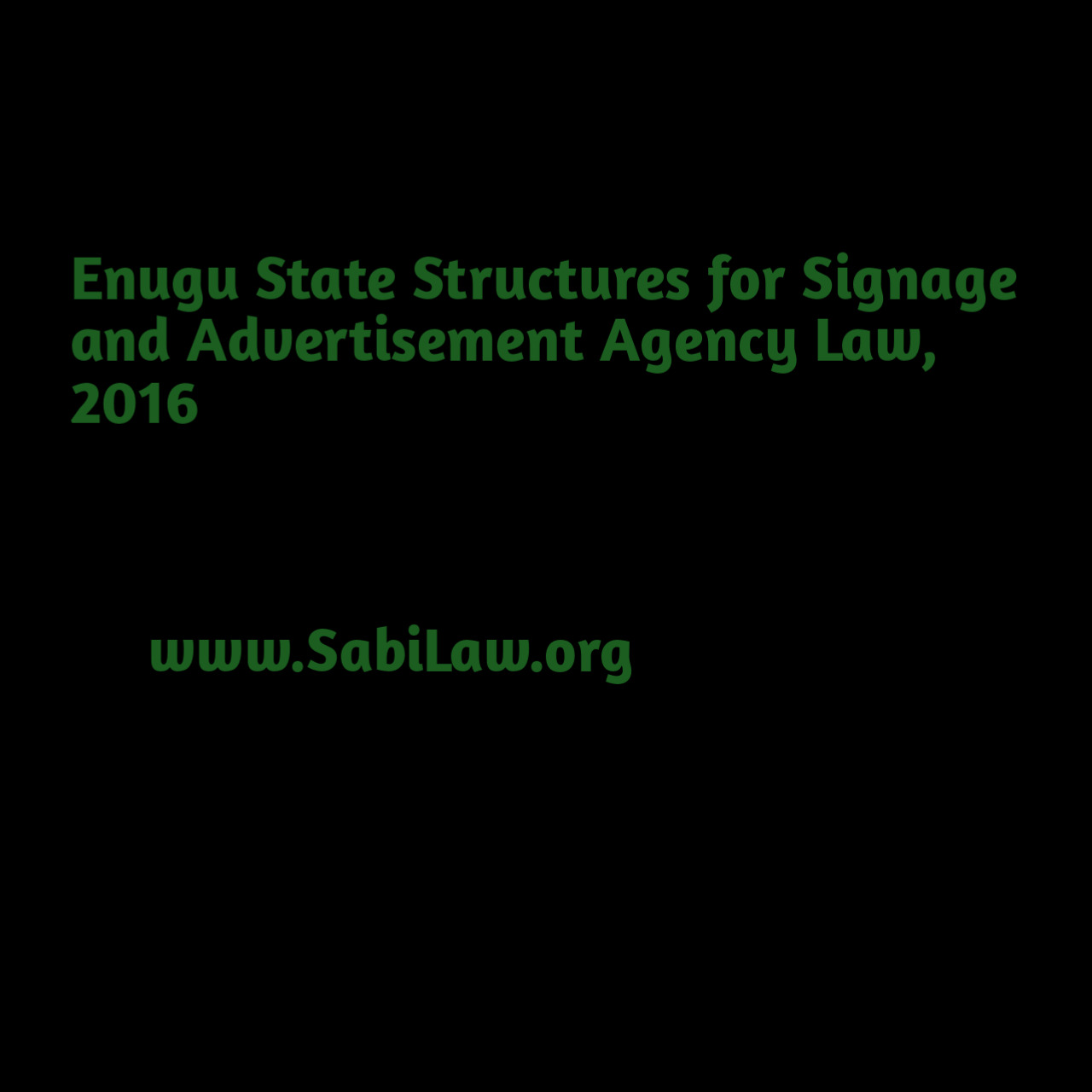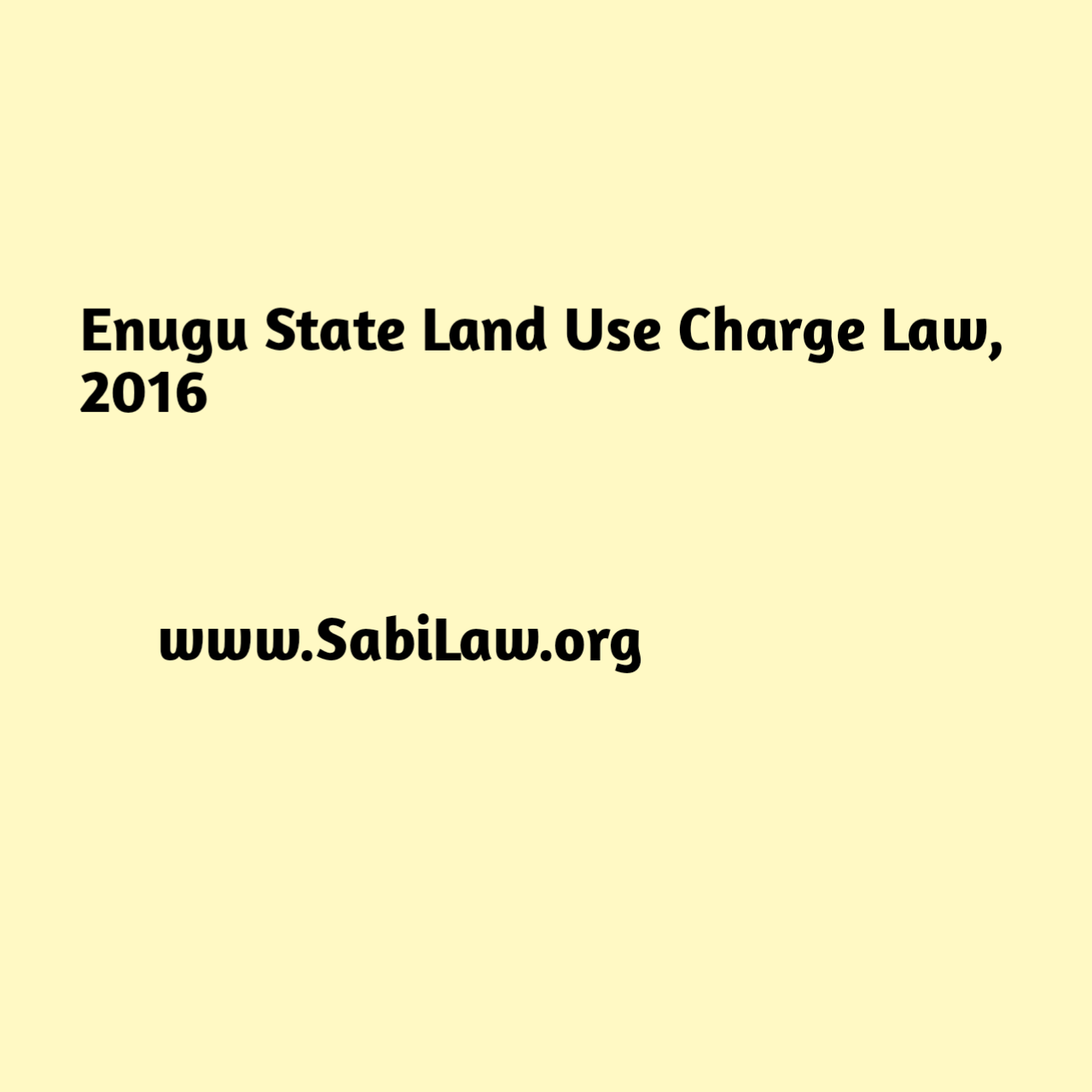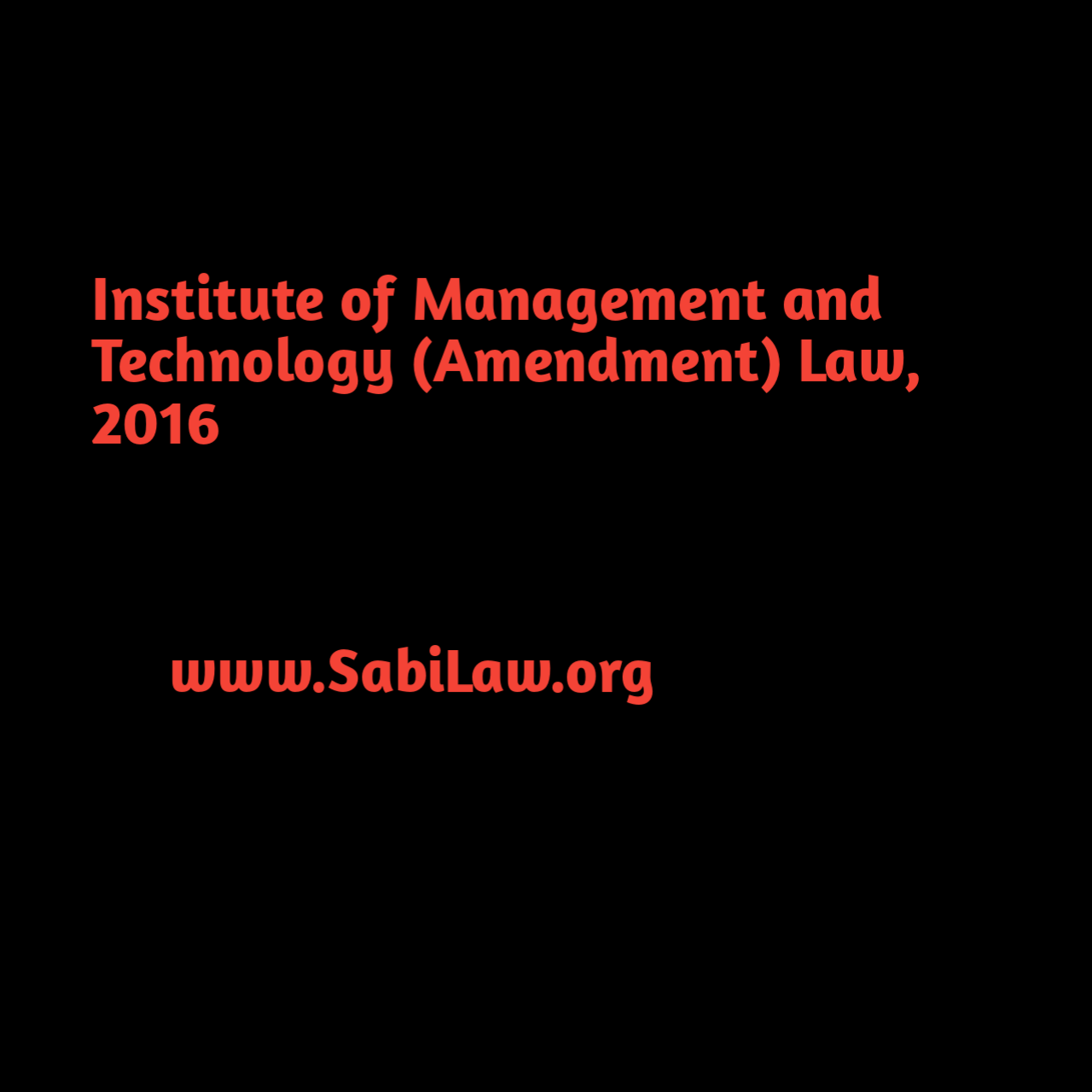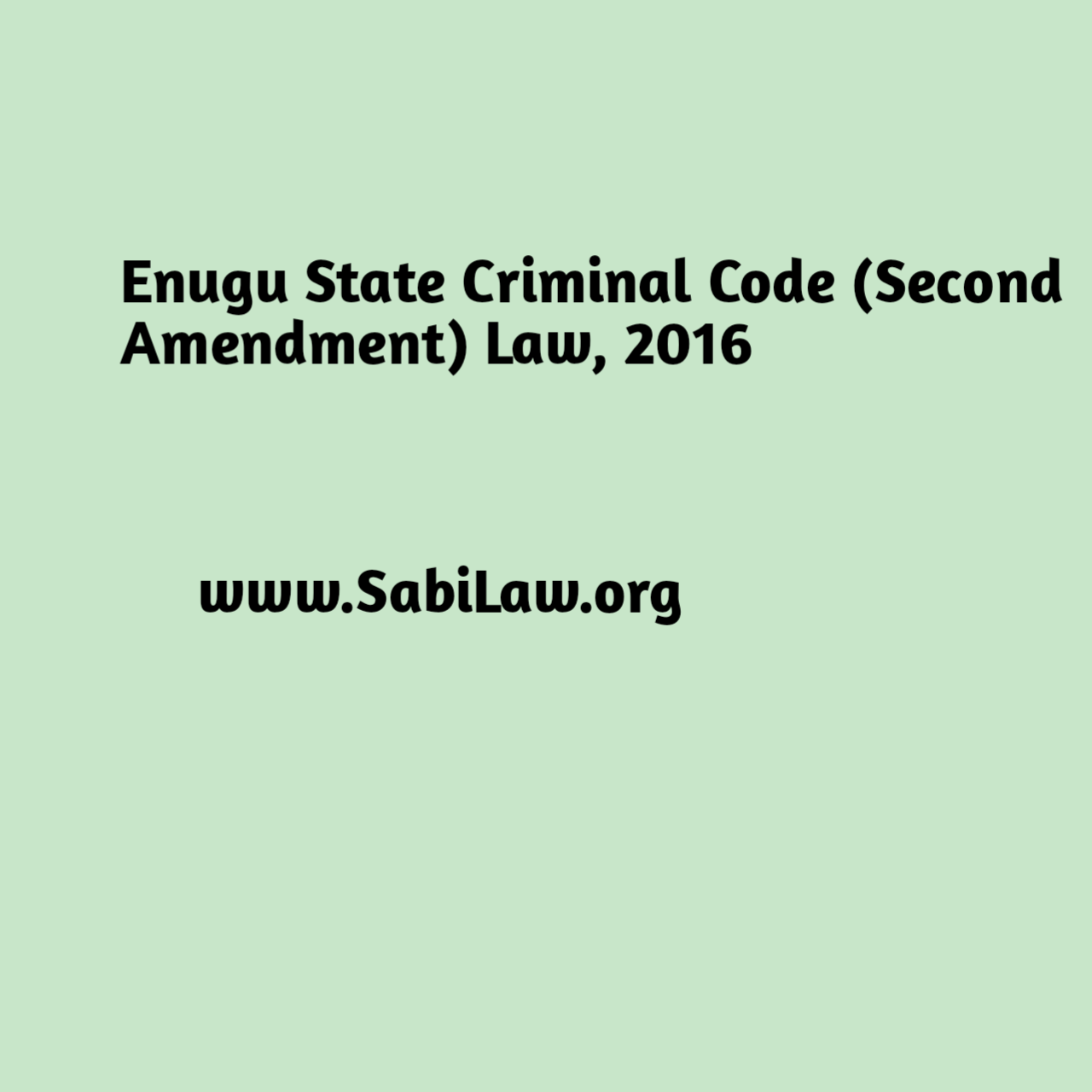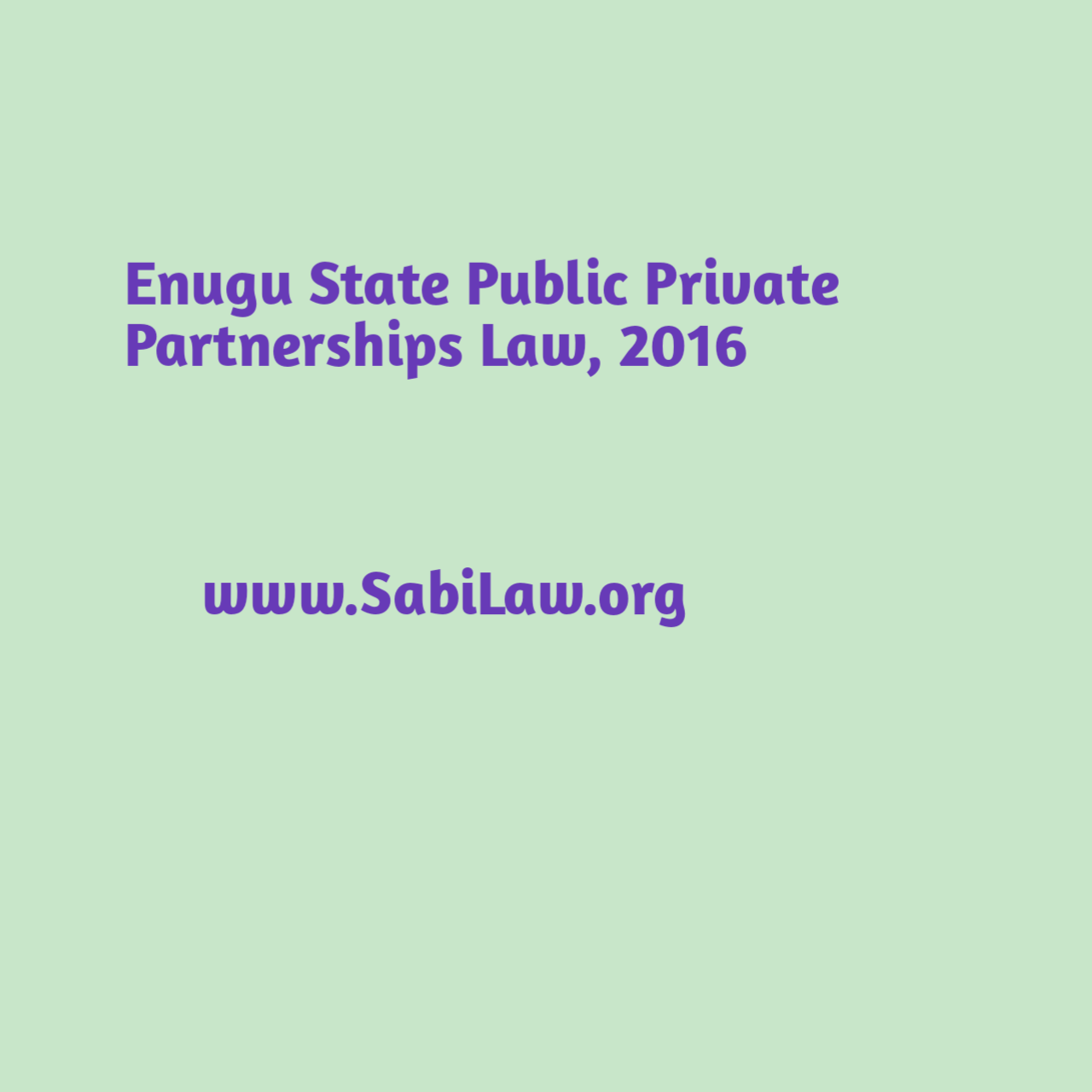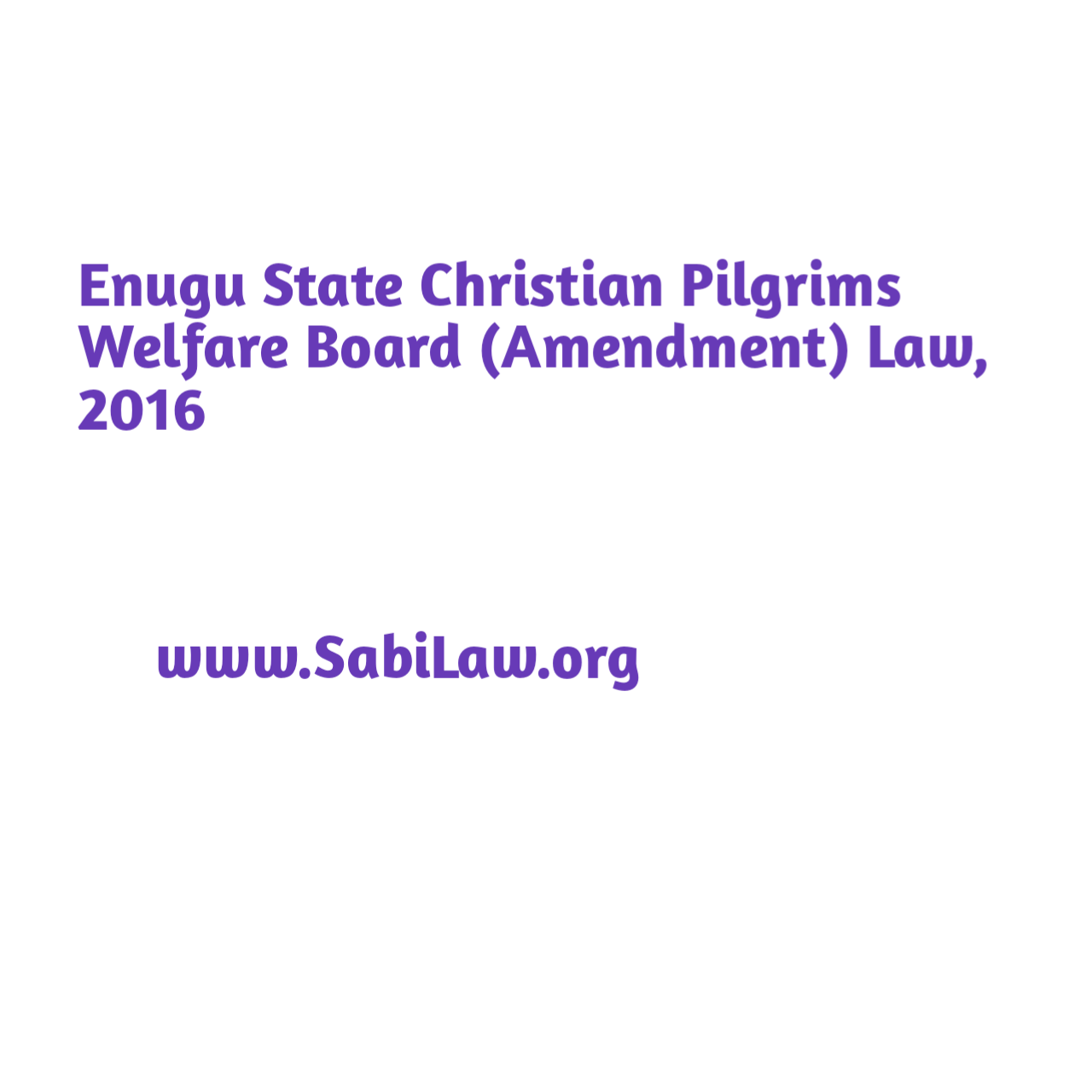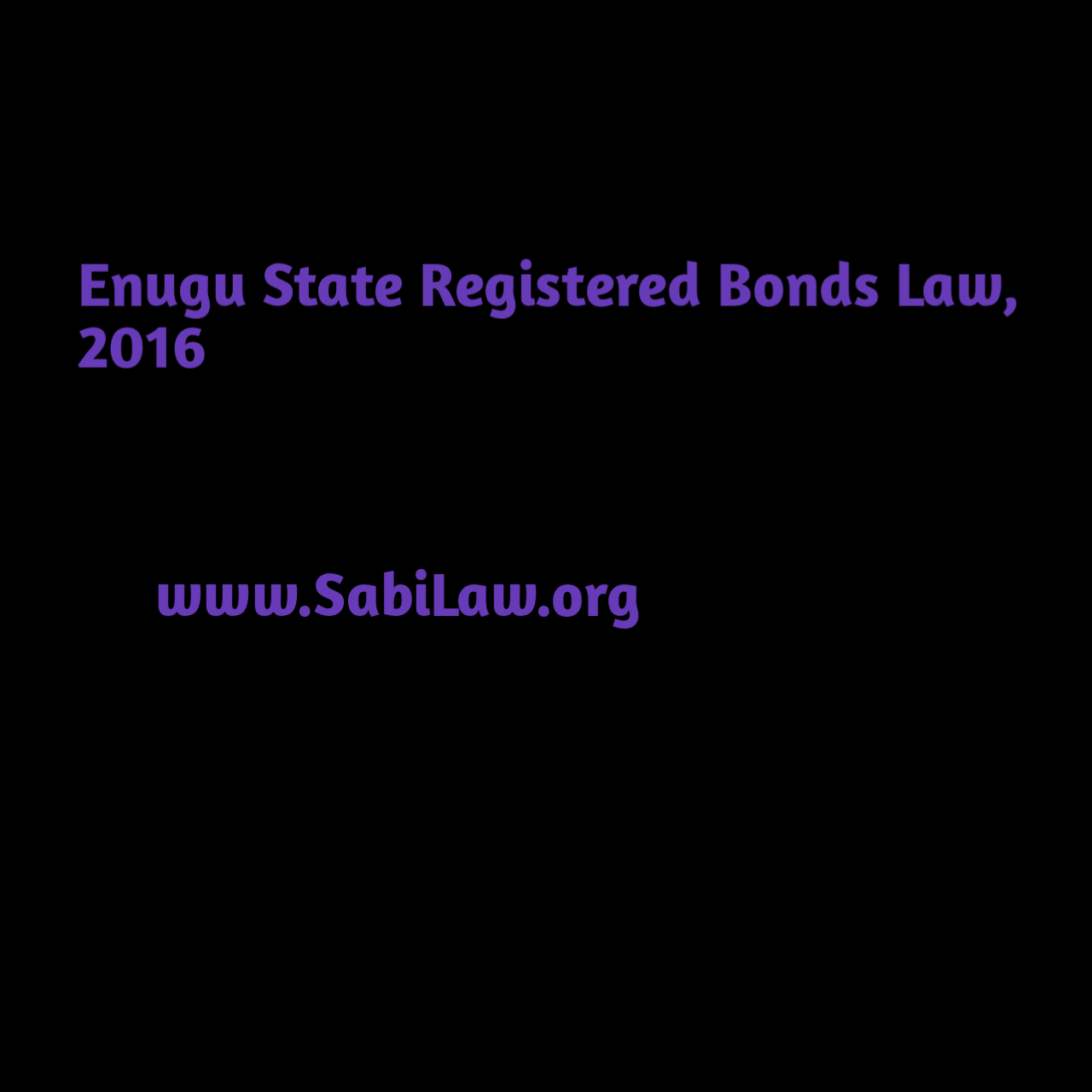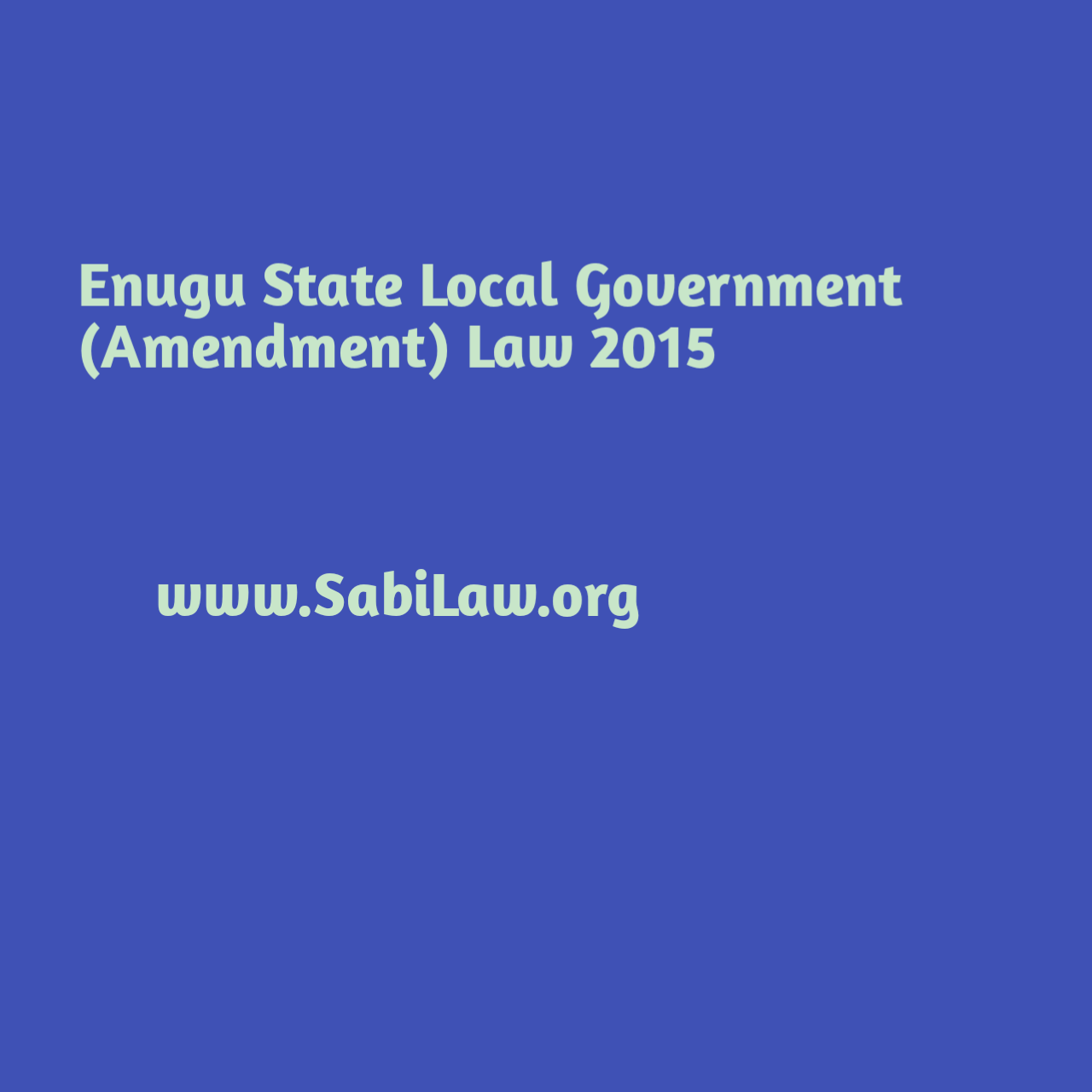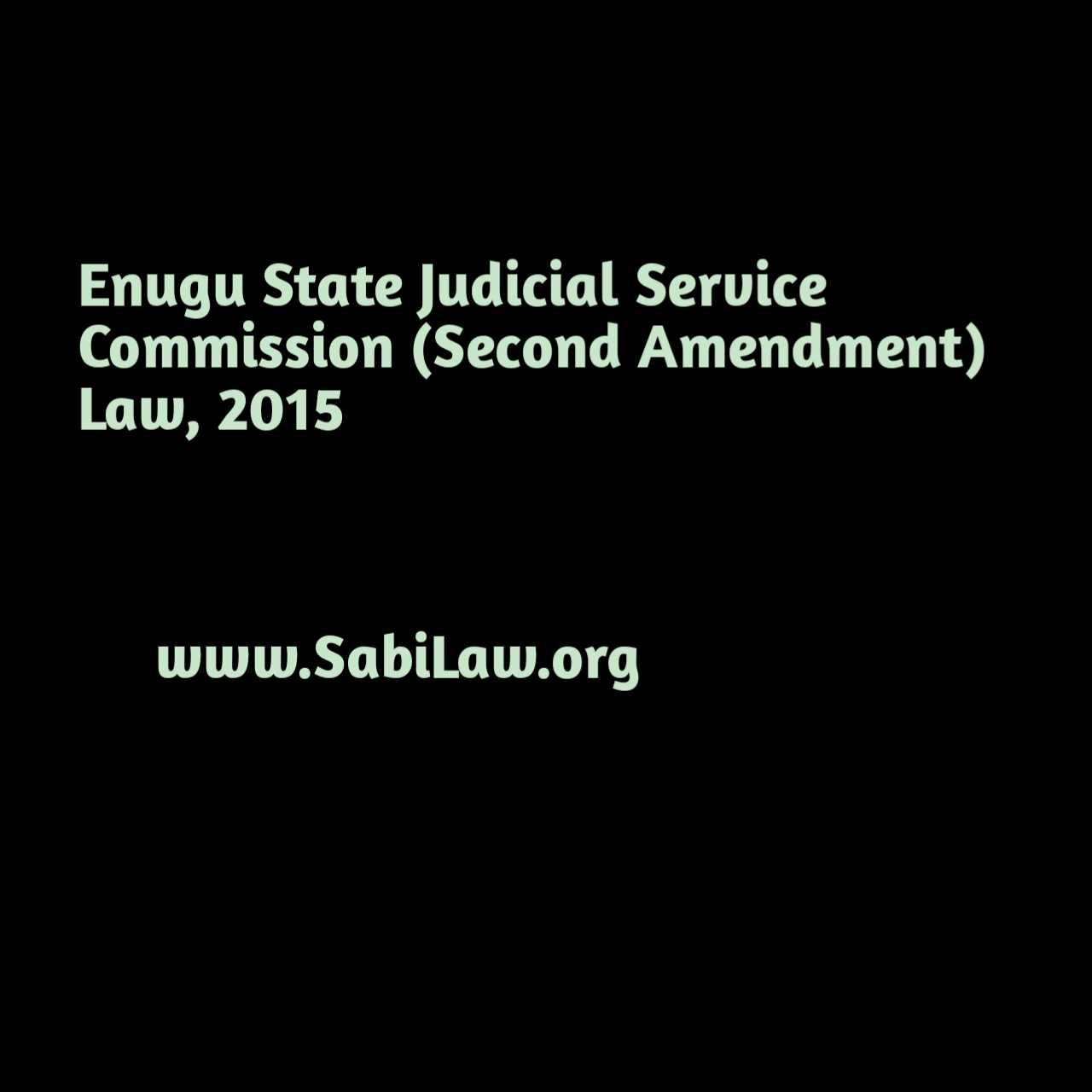The Question of the Legality of Mr. Godwin Emefiele, Governor of the Central Bank of Nigeria Contesting Election without First Resigning his Appointment.
By Manfred Ekpe, Esq.
The governor of the Central Bank of Nigeria (The central bank shall hereinafter be called the CBN), Mr. Godwin Emefiele is vying to contest for the presidency of Nigeria. Public affairs analysts, law intellectuals, politicians and social space commentators have argued on the legality or otherwise of standing election by the CBN governor without resigning from his appointment forthwith. I shall examine the law on whether a call for the governor to resign before taking then official incipient steps in his presidential ambition is in tandem with the extant laws.
Paragraph 1 of PART 1 of the Fifth Schedule to the Constitution of Nigeria 1999 (as altered) (Herein subsequently termed the constitution) stipulates that a public officer shall not put himself in a position where his personal interest conflicts with his duties and responsibilities. Under PART II of the same FIFTH SCHEDULE, the governor of the Central Bank of Nigeria is a public officer. Section 9(1) of the Central Bank of Nigeria Act 2007 (hereinafter, the CBN Act) which is in pari materia with paragraph 1 of PART 1 to the FIFTH SCHEDULE supra, provides that the CBN governor shall devote all his time on full time basis to the work of the bank, and shall not engage in any other employment or vocation whether paid or not, except involvement in personal or charitable causes of such nature that does not conflict with or distract from his full time duty as CBN governor. Section 6 of the CBN Act makes the CBN governor in charge of the day to day running of the bank, which requires full time dedication which does not permit any other vocation outside the bank’s mandate.
Some arguments advance that contesting an election is not a vocation within the intendment of the Act. With respect it is. The Act does not define vocation. We can then call in aid the definition of the term in the ordinary English Dictionary. The Cambridge University online dictionary defines vocation as:
“a type of work that you feel you are suited to doing and to which you should give all your time and energy….”
The Oxford online dictionary defines vocation as: “a person’s employment or main occupation, especially regarded as worthy and requiring dedication.”
From the above definition, there is no doubt, and it is judicially noticeable that contesting in an election for councillorship in Nigeria, even at primary election stages, is an engagement or vocation which takes a lot of time and energy, and requires full time dedication while the run lasts, talk less of election to the office of the president of the Federal Republic of Nigeria. A presidential aspirant and candidate is bound to dedicate his full time for political purposes.
However, the said section 9 of the Act provides that the board may excuse the CBN governor to engage in personal or charitable cause, but only of such nature that does not conflict with or distract from the duty of the governor of CBN.
What then are the statutory duties of the CBN? Section 2 of the Act lists the duties of the bank to include but not limited to maintaining the external reserves of the country, promote monetary stability and a sound financial environment, and act as a banker of last resort and financial adviser to the federal government etc. I submission e that partisan electioneering is not one of the duties of the CBN and not connected therewith in the remotest of imagination and not within the envisagement of exception in section 9 of the CBN Act. It would therefore be ultra vires the powers and mandate of the board to give approval to the governor to involve in politics including partisan electioneering and lobbying for votes from party delegates, while serving as the governor of the apex bank.
To give legal vibes to this reasoning is the proviso in subsections (a), (b) and (c) of section 9 of the Act which lists the nature of causes that the CBN governor may involve in other than the full time service to the bank. They are all related to financial institution matters or duties and in furtherance of the statutory mandate of the CBN. By the Exclusio Alterius rule of statutory construction, other causes excepting private family matters and charity, which the Acts envisages the CBN governor may engaged in by the approval of the board must be those related with the duties of financial institutions with nexus to the mandate of the CBN. A political party including APC on which platform Mr. Emefiele is vying for president, does not perform the duty of financial institutions or any duty related to the statutory mandate of the CBN. On these grounds, it is my humble view that Mr. Emefiele cannot lawfully contest election while serving as governor of the Central Bank of Nigeria.
RIGHT TO FREEDOM OF ASSOCIATION.
Argument has been advanced that under section 40 of the constitution of Nigeria 1999 (as altered), (hereinafter, the constitution), Mr. Emefiele as Nigerian citizen has the right to belong to associations of his choice including political party. I agree with this reasoning but only to the extent that this freedom is not absolute, but limited under section 45 of the constitution which provides that section 40 is limited under any reasonable law in a democratic society. For example, freedom to associate excludes the freedom to belong to secret society or criminal gang. It is the rudiment of constitutional construction that the constitution must be interpreted as a whole to arrive at the intention of the lawmakers. See Buhari v Obasanjo (2005). Therefore section 40 of the constitution must be read together with section 45 thereof.
Section 45 of the constitution, provides thus—
“ nothing in sections 37, 38, 39, 40 and 41 of the Constitution will invalidate any law that is reasonably justifiable in a democratic society, (i) in the interest of defence, public safety, public order, public morality or public health; or (ii for the purpose of protecting the rights and freedom or other persons.”
Interpreting the freedom to associate and to belong to an association including a political party, Adeniji, J., (as he then was) in O.F. Agoreyo & Ors v. C.A. Olatunji & Ors (1999) 6 NWLR (Pt. 607) 514. stated thus:
“The right to assemble freely, to associate with other people and to form political parties or trade unions no doubt exists. But the freedom to exercise that right is entirely different thing. That freedom exists within and not outside all existing and relevant laws”. The learned trial judge went further to state that under section 41 of the 1979 Constitution, (which is in pari materia with section 40 of the 1999 constitution), laws can be made curtailing the rights to freedom of association. See also National Union of Electricity Employees v Bureau of Public Enterprises (2010) Vol 2-3 MJSC 48.
In the case of Osawe & Ors v. Registrar of Trade Unions (2004)1 NLLR (Pt.1)34 , the supreme court of Nigeria held that the fundamental right enshrined in the Constitution for freedom of association was subject to the derogation set out in the Constitution. Obaseki, JSC, said: “This right to freedom of association is made subject to its being in consonance with any law that is reasonably justifiable in a democratic society –
On his part, Aniagolu, JSC, stated that it was in the interest of “public order” that the proposed trade union was not registered. According to him because proliferation of trade unions without coordinated control may result in incessant and unnecessary strike actions which constitute public disorder as envisaged in section 45 of the constitution. The brief fact of the case is that a group of workers sought to form, and associate under a trade Union other than the one in existence. The Registrar of trade unions refused the application on grounds that the existing trade union could cater to the well-being of these class of workers. His opinion was that proliferation of trade unions was not healthy to society.
Applying this judicial reasoning to the instant case, Mr. Emefiele’s abandonment of his duty of monitoring and stabilizing the economy will cause economic chaos thus constitutes public disorder.
Standing on the above authority, section 9 of the CBN Act has barred the CBN governor from involving in any other vocation that conflicts or distracts from the statutory duty of the bank except personal (family) or charitable causes. Belonging to a political party while serving as governor of CBN and contesting election on that platform does not fall within the envisagement of the exception in section 9 (a)(b) and (c ) of the CBN Act.
In conclusion, Mr. Godwin Emefiele is not competent to stand for election as president of Nigeria or any other post while still serving as the governor of the Central Bank of Nigeria.
————————————————
Manfred Ekpe is a lawyer, author, civil/human rights activist, and a regular contributor to legal awareness some of which are accessible on Google. He can be reached on ekpemanfred1@gmail.com.
****************************************************************************************
This work is published under the free legal awareness project of Sabi Law Foundation (www.SabiLaw.org) funded by the law firm of Bezaleel Chambers International (www.BezaleelChambers.com). The writer was not paid or charged any publishing fee. You too can support the legal awareness projects and programs of Sabi Law Foundation by donating to us. Donate here and get our unique appreciation certificate or memento.
DISCLAIMER:
This publication is not a piece of legal advice. The opinion expressed in this publication is that of the author(s) and not necessarily the opinion of our organisation, staff and partners.
PROJECTS:
🛒 Take short courses, get samples/precedents and learn your rights at www.SabiLaw.org
🎯 Publish your legal articles for FREE by sending to: eve@sabilaw.org
🎁 Receive our free Daily Law Tips & other publications via our website and social media accounts or join our free whatsapp group: Daily Law Tips Group 5
KEEP IN TOUCH:
Get updates on all the free legal awareness projects of Sabi Law (#SabiLaw) and its partners, via:
YouTube: SabiLaw
Twitter: @Sabi_Law
Facebook page: SabiLaw
Instagram: @SabiLaw.org_
WhatsApp Group: Free Daily Law Tips Group 5
Telegram Group: Free Daily Law Tips Group
Facebook group: SabiLaw
Email: lisa@sabilaw.org
Website: www.SabiLaw.org
ABOUT US & OUR PARTNERS:
This publication is the initiative of the Sabi Law Foundation (www.SabiLaw.org) funded by the law firm of Bezaleel Chambers International (www.BezaleelChambers.com). Sabi Law Foundation is a Not-For-Profit and Non-Governmental Legal Awareness Organization based in Nigeria. It is the first of its kind and has been promoting free legal awareness since 2010.
DONATION & SPONSORSHIP:
As a registered not-for-profit and non-governmental organisation, Sabi Law Foundation relies on donations and sponsorships to promote free legal awareness across Nigeria and the world. With a vast followership across the globe, your donations will assist us to increase legal awareness, improve access to justice, reduce common legal disputes and crimes in Nigeria. Make your donations to us here or contact us for sponsorship and partnership, via: lisa@SabiLaw.org or +234 903 913 1200.
***********************************************************************************












































